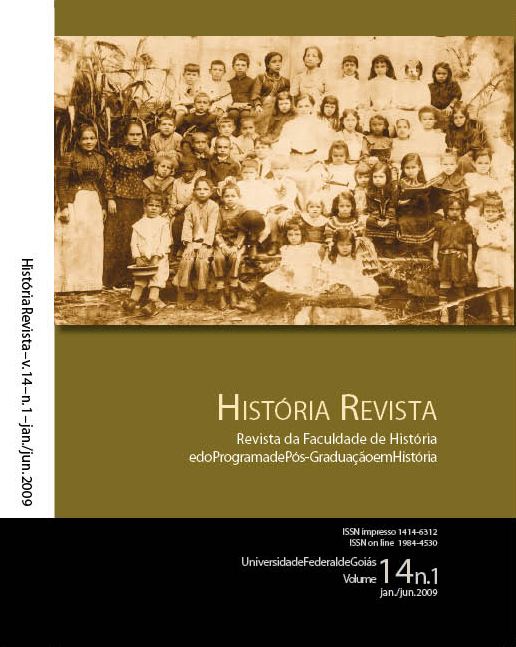“HUMANISTIC” FORMATIONS AND STUDENT COURSES. THE CASE OF THE UNIVERSITIES OF PARIS I, CAMBRIDGE, AMSTERDAM, 1988-1998
DOI:
https://doi.org/10.5216/hr.v14i1.8168Abstract
This article questions the nature of a disciplinary knowledge and thetools this one can supply in order to be better integrated in the work world. Italso refl ects on the statute of the historical knowledge in the construction of thepresent of a society, i.e. the necessity that society has of history. Th e analysis takesthe case of the students of La Sorbonne as its starting point and proceeds to acomparison with those of Cambridge and Universiteit van Amsterdam, in orderto understand the social utility that these students (and more largely societies)confer on « history », university course and channel of acquisition of the historicalknowledge.Th en, it researches the way according to which these representations infl uence thereal trainings and outlets on the labour market. Does the history education off er anintellectual support allowing a varied professional insertion, or are the real openingslimited to jobs related on the control of a historical knowledge and professions ofthe memory?Downloads
Downloads
Published
How to Cite
Issue
Section
License
Declaração de Direito Autoral
Concedo à História Revista o direito de primeira publicação da versão revisada do meu artigo, licenciado sob a Licença Creative Commons Attribution, que permite o compartilhamento do trabalho com reconhecimento da autoria e publicação inicial nesta revista.
Afirmo ainda que meu artigo não está sendo submetido a outra publicação e não foi publicado na íntegra em outro periódico, assumindo total responsabilidade por sua originalidade, podendo incidir sobre mim eventuais encargos decorrentes de reivindicação, por parte de terceiros, em relação à autoria do mesmo.



